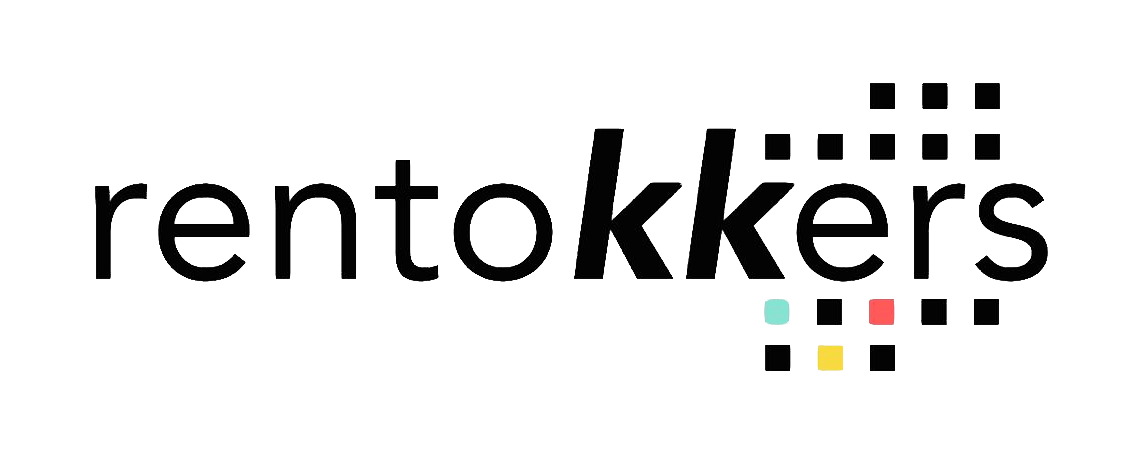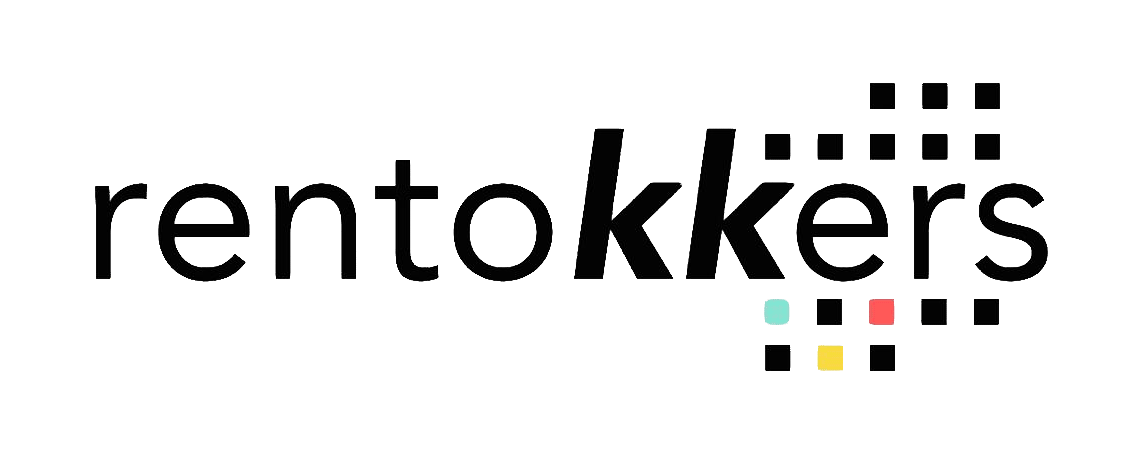
Introduction: Why Trust Is Expensive in Real Estate
Buying or renting a property involves endless middlemen: lawyers, brokers, notaries, escrow agents. They exist for one reason — to enforce trust. Smart contracts promise to automate that trust at a fraction of the cost.
What Are Smart Contracts?
Smart contracts are self-executing agreements coded on a blockchain. Once conditions are met, the contract executes automatically — no human oversight needed.
-
If rent is paid → tenant keeps access.
-
If tokens are sold → ownership record updates instantly.
-
If project milestone is met → developer receives funds.
No need to “trust” a middleman; you trust the code.
Why This Matters for Real Estate
-
Rental Agreements: Rent payments could trigger automatic access rights or penalties.
-
Sales Transactions: Funds are released only when legal documents are verified.
-
Fractional Ownership: Dividends distributed directly, no admin overhead.
The Benefits
-
Speed: Transactions settle in minutes, not weeks.
-
Cost Reduction: Fewer intermediaries, lower fees.
-
Transparency: All parties see the same immutable record.
-
Security: Harder to tamper with than paper contracts.
The Risks
-
Code Bugs: An error in the contract could lock funds.
-
Rigid Logic: Smart contracts don’t “negotiate” — they execute blindly.
-
Legal Lag: Courts are still figuring out how to treat them.
Case Example: Tokenized Rentals
Imagine a Cancun rental villa. A tenant pays in stablecoins. The smart contract instantly updates their digital key. If rent stops, access stops. No landlord chasing, no delayed eviction process.
Visual Ideas (max 3)
-
Flow diagram: Tenant → Smart Contract → Owner, showing automatic rent/payment flow.
-
Split screen: Piles of contracts vs. sleek blockchain interface.
-
Illustration of digital house key unlocking after payment confirmation.
Conclusion
Smart contracts don’t replace law, but they streamline it. For tokenized real estate, they’re not a gimmick — they’re the engine that makes fractional, global, fast ownership possible.

